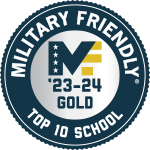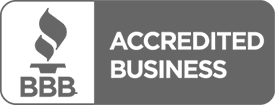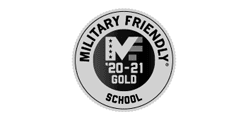Program Outline
Lesson 1: Medical Terminology and NHA Registration »
Lesson 2: Reimbursement, HIPAA, & Compliance »
Lesson 3: An Overview of ICD-10-CM & ICD-10-CM Outpatient Coding & Reporting Guidelines »
Lesson 4: Using ICD-10-CM »
Lesson 5: Using ICD-10-CM Continued »
Lesson 6: Introduction to the CPT and Level II National Codes/Modifiers »
Lesson 7: Evaluation and Management (E/M) Services, Anesthesia/Surgery Guidelines, and General Surgery »
Lesson 8: Integumentary System/Musculoskeletal System »
Lesson 9: Respiratory System/Cardiovascular System »
Lesson 10: Hemic, Lymphatic, Mediastinum, and Diaphragm/Digestive »
Lesson 11: Urinary and Male Genital Systems/Reproductive, Intersex Surgery, Female Genital System, and Maternity Care and Delivery »
Lesson 12: Endocrine and Nervous Systems/Eye, Ocular, Adnexa, Auditory, and Operating Microscope »
Lesson 13: Radiology/Pathology/Laboratory »
Lesson 14: Medicine »
Lesson 15: Inpatient Coding »
Lesson 16: Final Exam »
Lesson 17: Medical Terminology and NHA Registration »
Lesson 18: Reimbursement, HIPAA, & Compliance »
Lesson 19: An Overview of ICD-10-CM & ICD-10-CM Outpatient Coding & Reporting Guidelines »
Lesson 20: Using ICD-10-CM »
Lesson 21: Using ICD-10-CM Continued »
Lesson 22: Introduction to the CPT and Level II National Codes/Modifiers »
Lesson 23: Evaluation and Management (E/M) Services, Anesthesia/Surgery Guidelines, and General Surgery »
Lesson 24: Integumentary System/Musculoskeletal System »
Lesson 25: Respiratory System/Cardiovascular System »
Lesson 26: Hemic, Lymphatic, Mediastinum, and Diaphragm/Digestive »
Lesson 27: Urinary and Male Genital Systems/Reproductive, Intersex Surgery, Female Genital System, and Maternity Care and Delivery »
Lesson 28: Endocrine and Nervous Systems/Eye, Ocular, Adnexa, Auditory, and Operating Microscope »
Lesson 29: Radiology/Pathology/Laboratory »
Lesson 30: Medicine »
Lesson 31: Inpatient Coding »
Lesson 32: Final Exam »


